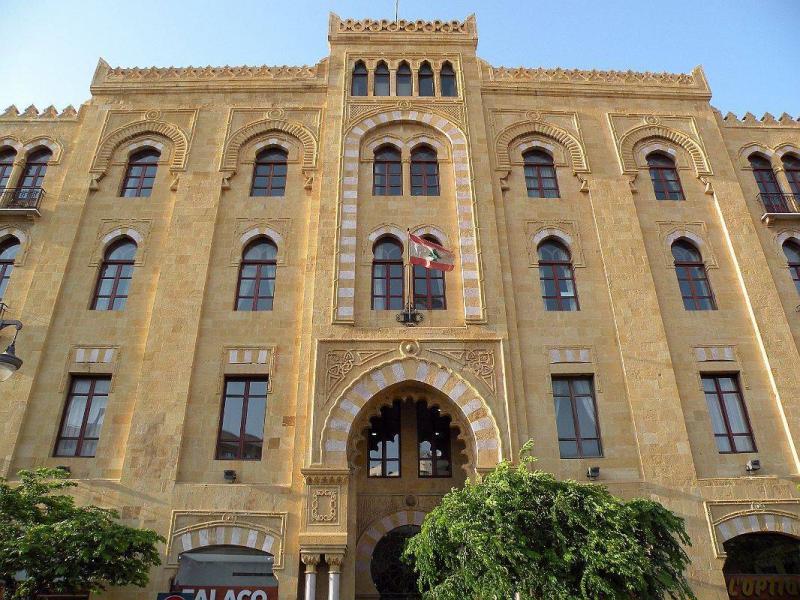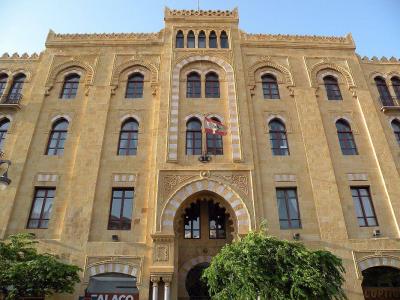The United Nations Human Settlements Programme (UN-Habitat) and the Municipality of Beirut have launched the newly established Municipal Social Cell (MSC), aimed at alleviating social and protection issues faced by the host community and refugees in marginalized neighborhoods within Beirut.
On this matter, the Mayor of Beirut, Jamal Itani, stated, "The Municipality of Beirut hopes that the Municipal Social Cell will establish a more sustainable bridge between the residents of Beirut and the municipality, not only to provide a reference for vulnerable populations including refugees, migrants, and the host community to express their concerns but also to create a dedicated platform for action to address their needs and challenges." He clarified that the Municipal Social Cell was created as one of the city’s initiatives in Beirut as part of the Migration from Mediterranean Cities (MC2CM) project, which aims to enhance the Municipality of Beirut's engagement and commitment to address social issues and protection matters faced by vulnerable populations living in marginalized neighborhoods of Beirut.
For her part, Taïna Christiansen, Director of UN-Habitat in Lebanon, remarked, "The demographic diversity of Beirut necessitates a targeted approach to meet the needs of various individuals based on evidence and across multiple sectors. The Municipal Social Cell will directly engage with the community to listen to their needs and ensure coordination among various parties in the implemented projects." She indicated that the Municipal Social Cell includes community activists and social specialists who are responsible for contacting representatives of local communities in the neighborhoods to gather data on the issues faced by marginalized communities in coordination with community activists and local populations, where collected data will be analyzed and utilized for developing and implementing capacity-building activities, awareness-raising, and targeted interventions.
Furthermore, social specialist Pamela Aasi from the Municipal Social Cell expressed, "I am pleased to be part of the newly created Municipal Social Cell, which will play a key role in ensuring a broad and inclusive response to the diverse social challenges and protection issues faced by refugees, migrants, and Lebanese people in Beirut, with the aim of improving living conditions." She emphasized that the primary objective of the cell is to enhance the Municipality of Beirut's capacity to manage and address urban migration issues by increasing municipal investments in social projects through the development of access to reliable social and field protection data. This approach will guide municipal social interventions such as building social centers, rehabilitating public spaces, equipping health centers and schools, and improving sanitation within neighborhoods to enhance the health and living standards of marginalized populations.
It is noted that UN-Habitat works in more than 90 countries worldwide, providing support to urban residents and human settlements for a better urban future. By working with governments and local partners, the program's high-impact projects combine global expertise and local knowledge to deliver timely, purposeful solutions. The Sustainable Development Goals for 2030 include a specific target regarding cities, Goal 11 - to make cities and human settlements inclusive, safe, resilient, and sustainable.




